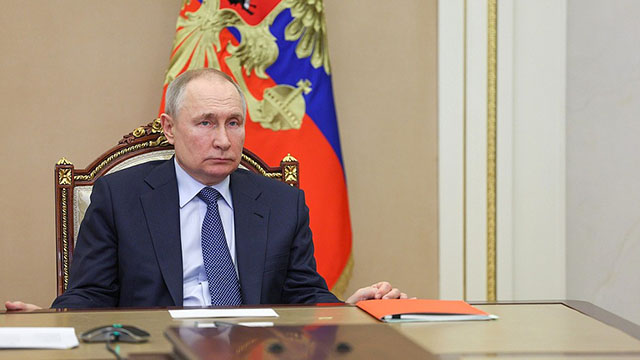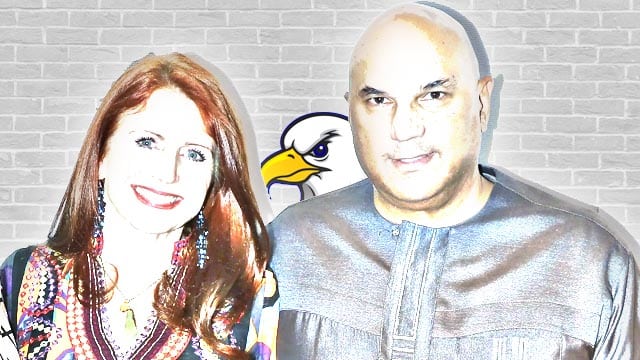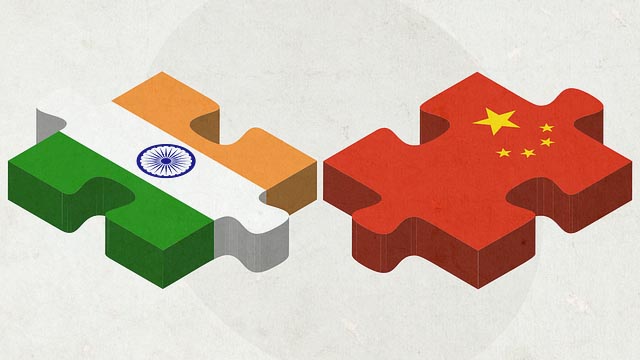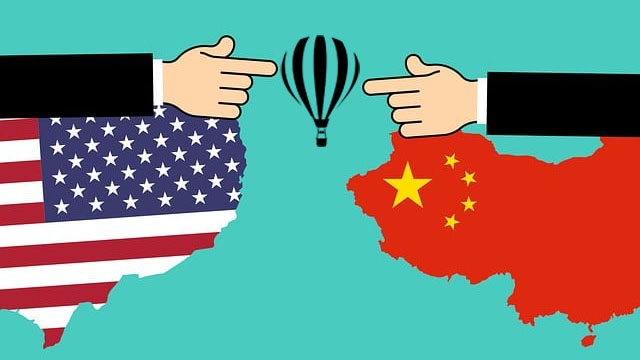Russian President Vladimir Putin approved Moscow’s new foreign policy on Friday, March 31st, Kremlin sources reported. According to the report, Russia’s new foreign policy was adopted at the Security Council meeting, chaired by Putin. The Russian government claimed that amending foreign policy was imperative because of the world’s changing geopolitical dynamics and power equation.
Experts believe that Russia’s new foreign policy is very important in the current geopolitical situation due to the diplomatic polarisation triggered by Russia’s special military operations in Ukraine. The US-led western bloc has plunged into an all-out virtual war against Russia by providing weapons and funding to the controversial Ukrainian regime.
While endorsing Russia’s new foreign policy during his meeting with the permanent members of the Russian Security Council, Putin briefed the meeting about the need for amending the document. As per Putin, the main idea of Russia’s new foreign policy is the establishment of a multipolar world, based on multilateralism and the sovereign equality of all countries.
Underlining the importance of Russia’s new foreign policy at the meeting, Putin said, “Radical changes in international affairs have forced us to seriously revise our main documents on strategic planning, including the Foreign Policy Concept of the Russian Federation, which sets out the principles, tasks and priorities of our diplomacy.”
Regarding the need for Russia’s new foreign policy, Foreign Minister Sergei Lavrov said, “The concept shows a high degree of continuity with the previous version of 2016 in terms of the fundamental principles underlying our foreign policy, primarily its independence and focus on creating favourable external conditions for Russia’s progressive development, ensuring its security and improving the well-being of our citizens.”
Lavrov accused the US as the main threat to Russia’s security. He claimed that the new foreign policy describes the West’s alleged attempt to degrading of Russia as a new model of hybrid war. “The document designates the United States as the main originator and vehicle of the anti-Russian policy. Overall, the policy of the West that is aimed at the all-out degrading of Russia is described as a new type of hybrid war.”
He added, “In the Concept, we presented our vision of the principles of a more balanced and fairer world order, such as polycentricity, sovereign equality of countries, ensuring their right to choose development models and upholding the cultural and civilisational diversity of the world. Assistance in establishing a multipolar world order is defined as a framework task for all areas of foreign policy.”
Article 25 of Russia’s new foreign policy states that if Russia or its allies are threatened with attack, Russia can intervene militarily, without waiting for it to be attacked. Lavrov said, “There is a paragraph on the use of the Armed Forces to repel or prevent an armed attack on Russia and its allies. Thus, we unequivocally declare that we will defend the right of the Russian people to existence and free development.”
Earlier, in 2016, Russia amended its foreign policy for the last time. Fighting terrorism, strengthening international cooperation, increasing Russia’s presence at the international level, and protecting the sovereignty of the Russian nation were the central issues of the earlier foreign policy.
Speaking about the current foreign policy, Lavrov said, “It absolutely rejects neocolonial practices and any kind of hegemonism.” In this foreign policy, Russia has emphasised the strengthening of friendly relations and strategic partnerships with countries such as the People’s Republic of China and India.
“The policy on unlocking the potential of strategic partnership with our great neighbours—the People’s Republic of China, the Republic of India, the countries of the Islamic world, as well as countries of ASEAN, Africa, Latin America and the Caribbean—has been enshrined as a vital resource”, Lavrov said.
Earlier, the Russian foreign minister told the president that the document, “The unconditional priorities include ensuring the rights of our people and organisations abroad, providing support to compatriots, countering Russophobia, strengthening the position of the Russian language in the world, fighting for historical truth, protecting our culture, depoliticising sports, and establishing new forms of sports cooperation.”
Putin responded to Lavrov by saying, “In practical terms, I would like to ask our colleagues who engage in implementing the single foreign policy to pay special attention to expanding ties with our constructively-minded partners and to creating the conditions for unfriendly states to abandon their hostile policies towards our country.”
“Importantly, our long-term planning should include the entire array of factors and trends in international relations, enhance Russia’s sovereignty and increase our country’s role in addressing global issues and shaping a fairer multipolar world order”, Putin added before thanking the team involved in drafting Russia’s new foreign policy and closing the meeting.
Apart from Putin and Lavrov, the high-level meeting was attended virtually by Russian Prime Minister Mikhail Mishustin, Russian Federation Council Speaker Valentina Matviyenko, State Duma Speaker Vyacheslav Volodin, Deputy Chairman of the Security Council Dmitry Medvedev, Chief of Staff of the Presidential Executive Office Anton Vaino, Security Council Secretary Nikolai Patrushev, Interior Minister Vladimir Kolokoltsev, Defence Minister Sergei Shoigu, Director of the Federal Security Service Alexander Bortnikov, Director of the Foreign Intelligence Service Sergei Naryshkin, and Special Presidential Representative for Environmental Protection, Ecology and Transport Sergei Ivanov.
Russia’s new foreign policy, instead of asserting its existence in a unipolar world led by the United States, this time challenges the hegemony of the US and the western bloc led by it, while also promoting the dire need for a multipolar world order, against the West’s unipolar world order. Instead of fringe terrorists, Russia has placed the US-led western bloc as its chief security threat, which is a new and unique development. Moreover, Russia’s emphasis on building a stronger partnership with “constructively-minded partners” will open new horizons for multilateralism to thrive in the world of diplomacy.




